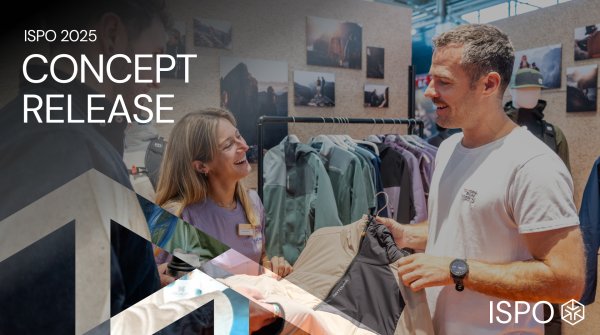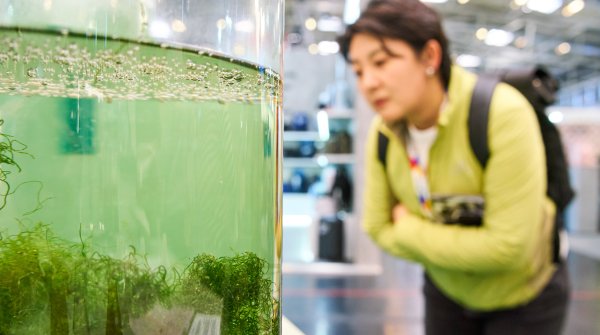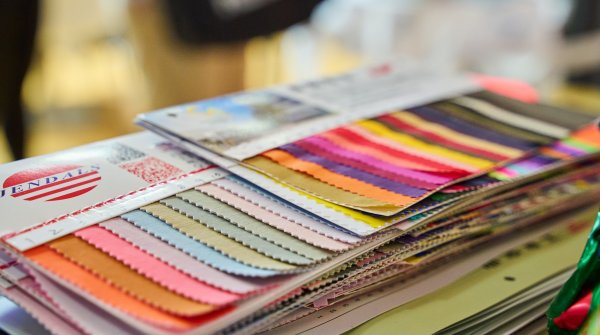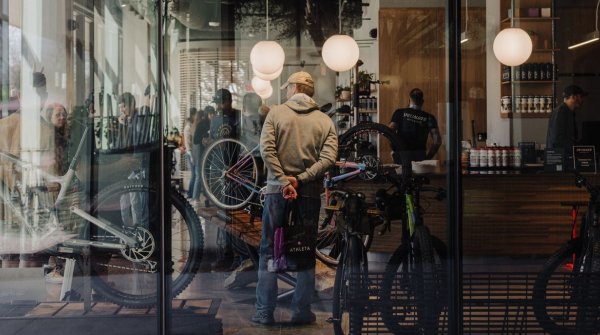The sportswear industry was one of the first industries to invest in circular themes. With the aim of finding answers to the myth of infinite resources at unchanged prices and delivery times. Nature serves as a model, in which raw materials grow, transform and become nutrients again. A closed cycle in which nothing is lost. It must be ensured that as much of the product as possible is reused after use.
The industry is becoming increasingly aware that this principle can be implemented industrially: "60 percent of leading fashion companies have already invested in the circular economy or plan to do so by 2024," states the State of Fashion 2022 study by Business of Fashion and McKinsey & Company.
As the latest fashion study by McKinsey & Company ("Scaling up textile recycling in Europe - turning waste into value") shows, new legislation and global initiatives are being intensively discussed, and Europe-wide frameworks are also being launched. Key players - including the French RTW Association, Copenhagen Fashion Week, Taskforce Fashion, Camera Nazionale della Moda - are uniting in the European Fashion Alliance to achieve Cradle to Cradle milestones.
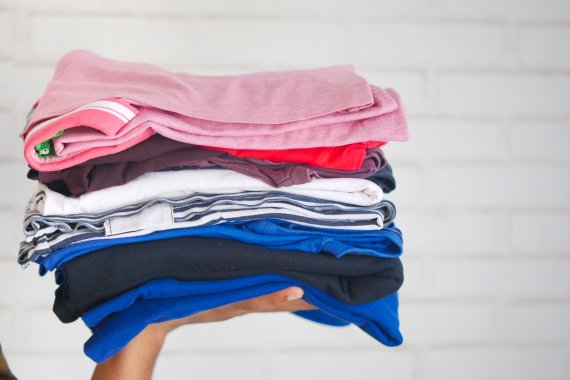
In addition, institutes and organizations such as the Ellen MacArthur Foundation or the CETI (European Center for Innovative Textiles) offer solutions, training and visions for the circular transformation. Thanks to these measures and the pioneering French AGEC law, Europe is taking a powerful step forward on the road to the circular economy.
Recycling and upcycling are much more efficient as circular economy tools when used holistically in a closed loop. That is why fabric manufacturers are participating in systemic approaches with short cycles, which represent the greatest achievement of the circular economy.
Fraud-prone waste management is an enormously large piece of the puzzle in the circular economy. Innovative solutions already exist: for example, Reverse Resources, the SaaS platform co-founded by Nin Castle (SaaS stands for Software as a Service), monitors the tracking of waste, as well as the issues surrounding the recognition of fabrics and materials. Reverse Resources is already working with major international textile suppliers to combat the lack of data and address various other challenges, such as ensuring social standards.
On the other hand, reselling stock is the most flexible point to handle. Multinational Spanish fashion group Mango has just invested in start-up Recovo, and LVMH has supported the creation of Nona Source from the beginning - both are sales platforms for fabric remnants in various quantities. Other solutions such as Moreloop or Upcybom were created with the goal of managing waste in the production phase, including a community spirit and some good AI tools. Dyes, components, and the many steps of the procurement process are at the core of the circular economy; digital solutions to improve our procurement practices are therefore inevitable.
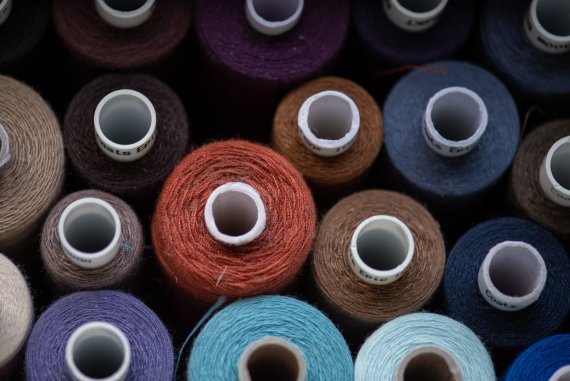
Made in" to "Remade in" is about the circularity of production. Fabric manufacturers or remanufacturers have the opportunity to build a full circular network for fabrics. This is exactly why Spinnova, the New Cotton Project or other industrial engagements such as Renaissance Textile or the investments of Eastman and Loop Industries in France were initiated.
T-REX (Textile Recycling Excellence) is also an experiential project supported by the European Union and led by twelve key players from across the value chain (including Adidas, Infinited Fiber Company, Fashion for Good, Veolia). Household waste is collected and classified to describe the entire recycling process of polyester, polyamide and cellulosic materials into new garments. In this way, both sustainable and economic business models for the entire supply chain will be identified.
The fashion industry is also asking how to improve the cycle at the brand level. Some brands have decided to roll up their sleeves internally and partner with SaaS platforms for rental logistics. Picture, Decathlon, Go Sport and Oakley are already using them to improve their D-to-C short-loop systems. Sporteed, Barroders or Everide, which lead the market in Europe, are driving a growing number of cradle-to-cradle (C-to-C) second-hand purchases. Everide is going even further by sponsoring the first second-hand gear adventure for the Ladevant brothers' low-carbon footprint project. Sealocker, for example - the Internet portal that rents surfboards - recently won an innovation award at the 2022 EuroSIMA Surf Summit. And Akewatu, with its mixed marketplace model for new and used surf products, is a gem to follow.
In order not to overemphasize circular economy and recycling, we must also be aware of the limitations and be willing to push them. For example, regarding the problem of recycling fibers to fibers, the problem of stretching mixed fibers, and the problem of dependence on hydrocarbon sources, whether recycled or not. The disposal of plastic waste is definitely an issue to be solved in the next ten years, according to the French AGEC legislation. Finally, recycling should not be an alibi. As Claudia Richarson, materials innovation manager at All Birds, says, "We need a progress mentality, not a perfection mentality."
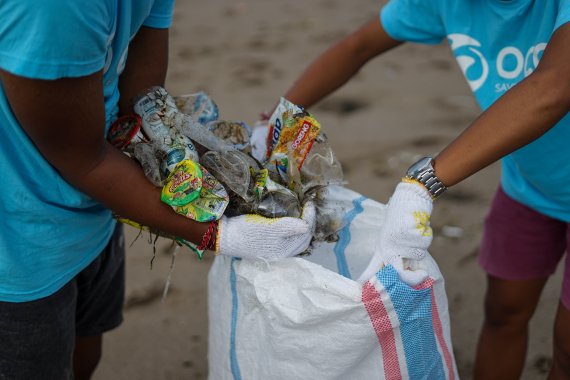
In summary, procurement has the greatest impact on the value chain, so resource management must be part of a larger goal. There cannot be a high performing free market without strong leadership and sobriety involved. Any performance requires teamwork within a team, with a brand or a supplier, they are all required for sustainable procurement. So let's make them valuable!
- ISPO awards
- Mountain sports
- Bike
- Design
- Retail
- Fitness
- Health
- ISPO Job Market
- ISPO Munich
- ISPO Shanghai
- Running
- Brands
- Sustainability
- Olympia
- OutDoor
- Promotion
- Sports Business
- ISPO Textrends
- Triathlon
- Water sports
- Winter sports
- eSports
- SportsTech
- OutDoor by ISPO
- Heroes
- Transformation
- Sport Fashion
- Urban Culture
- Challenges of a CEO
- Trade fairs
- Sports
- Find the Balance
- Product reviews
- Newsletter Exclusive Area
- Magazine


